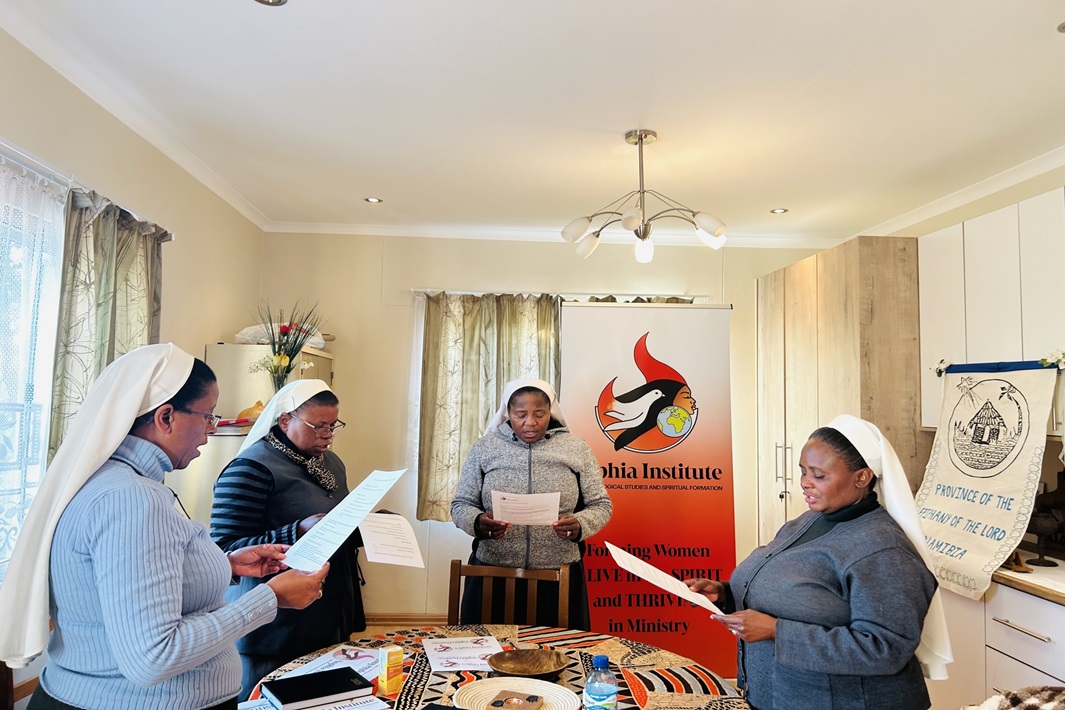By Paschal Norbert
(Interview with Sr. Anne Arabome, SSS, Founder and Director of Sophia Institute for Theological Studies and Spiritual Formation)
WINDHOEK, NOVEMBER 13, 2025 ( CISA)- Almost one year since the founding of the Sophia Institute for Theological Studies and Spiritual Formation, the vision that inspired its birth continues to blossom. Established to empower and nurture women religious in Africa, the Institute stands as a unique initiative dedicated to fostering spiritual growth, theological depth, and pastoral competence. It seeks to respond to the urgent need for holistic formation, one that speaks directly to the realities of African women religious and their service to God’s people.
In an exclusive interview with Sr. Anne Arabome, SSS, the Founder and Director of Sophia Institute, CISA explores the transformative journey of this pioneering center. A seasoned theologian, educator, and member of the Sisters of Social Service of Los Angeles, Sr. Anne has made history by establishing Africa’s first theological and spiritual formation center exclusively dedicated to empowering and supporting religious women.
She speaks with conviction about the spirit-filled process that brought Sophia Institute to life, the evolution of its programs, and the emerging thematic areas that continue to shape its mission, spiritual renewal, leadership formation, pastoral relevance, and the rediscovery of authentic spirituality as a lived experience in service to God and humanity.
CISA: Looking back since you launched Sophia Institute, how would you describe the progress to date? What milestones have you achieved, and where are you still striving?
Sr. Anne: Since launching Sophia Institute, we have made remarkable progress in establishing it as a welcoming, nurturing, and supportive space for the theological, spiritual, and leadership formation of religious women in Africa. We owe this to the abundant grace of God which has accompanied us since the beginning.
We have successfully run a series of programs in leadership, spirituality, and religious life renewal, reaching sisters from various congregations and countries. Some programs are designed for temporarily professed sisters, others for formators, superiors, or for all women religious. A key milestone has been the development of a formation approach rooted in African spiritual wisdom and Ignatian spirituality.
We are still working to strengthen long-term sustainability through partnerships with other institutions that share our mission and with people of goodwill who can provide financial and material resources to help Sophia grow. The Holy Spirit is truly at work in Sophia Institute.
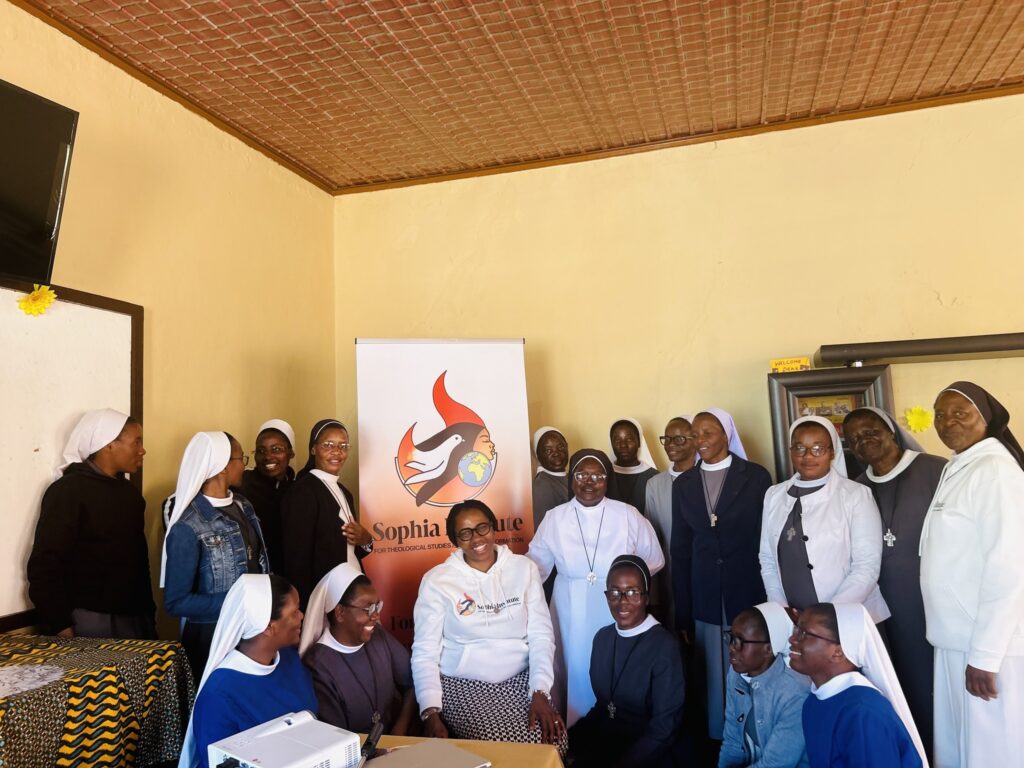
CISA: What are the key lessons you have learnt in setting up and running the Institute in the African context, especially for religious women?
Sr. Anne: One major lesson is that formation must be contextual and rooted in the real experience of women religious. Formation cannot happen in a vacuum, it must reflect lived reality. It cannot be generic either; it must respond to felt needs. Programs designed for sisters in Africa must reflect African cultural experiences, pastoral realities, social issues, and community life.
Another lesson is the importance of accompaniment. Sophia Institute does not only offer courses; we journey with participants before, during, and after the programs. We have also learned to remain flexible, as many congregations face financial constraints, ministry demands, and challenges of travel and internet access.
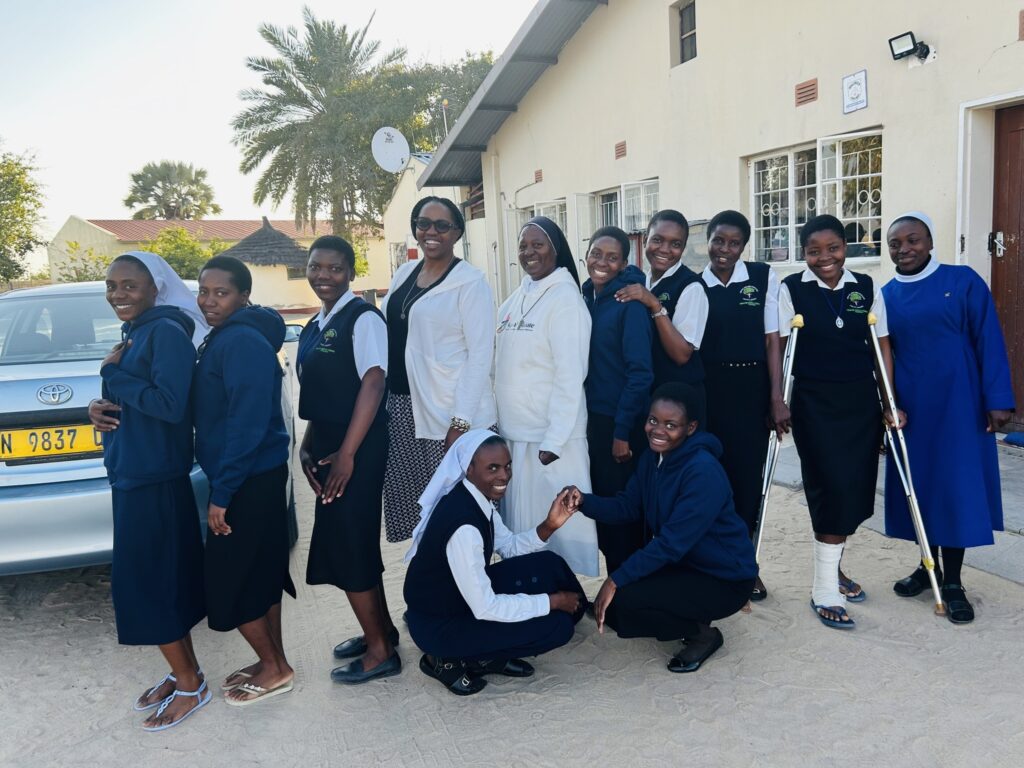
CISA: Which of the courses offered, leadership formation, theology, spirituality, have shown the most traction or been most effective, and why?
Sr. Anne: Leadership formation and spirituality programs have received the greatest response. Many sisters are in positions of responsibility but have not had adequate preparation for leadership rooted in reflection, discernment, and collaboration. Courses that integrate African theology, Ignatian spirituality, and practical leadership skills have proven especially attractive.
Our ultimate goal is to strengthen the capacity of women religious to encounter the Divine in the depth of their being, in ways that are nourishing, refreshing, and sustaining for their religious life and communal living.
CISA: Have you introduced any new courses or programs since the roll-out of the initial offerings? What prompted those additions?
Sr. Anne: Yes, we have introduced thematic workshops on trauma-informed pastoral care, accompaniment and mentoring of young sisters, mental health, non-violent communication, and community healing and reconciliation.
These programs were introduced in response to expressed needs from congregations dealing with intergenerational tensions and the desire to renew community life and mission effectiveness.
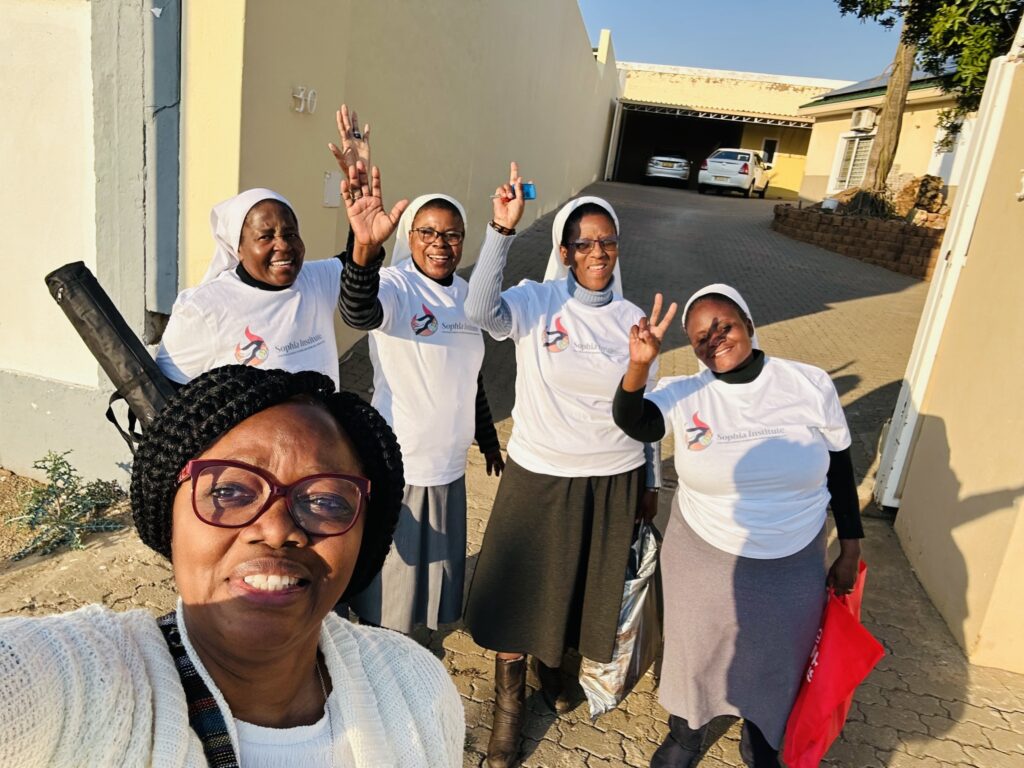
CISA: What feedback are you receiving from religious women and sisters who have taken part in the programs? What are they saying the Institute means for them, their communities, and their mission?
Sr. Anne: Participants consistently affirm that Sophia Institute offers a safe and enriching space to reflect, be renewed, and regain confidence in their vocation and mission. Many have shared how our approach helps them reconnect deeply with prayer, embrace healthier relational practices in community, and exercise leadership with greater compassion and integrity.
They describe Sophia Institute as a “place of renewal” where they experience the presence of God and are invited to open their hearts to the gentle gifts of the Holy Spirit to strengthen and deepen their commitment to religious life.
CISA: In your view, what are the glaring gaps in theological or spiritual formation for religious women in Africa that Sophia Institute is addressing, and what still needs attention?
Sr. Anne: There remains a significant need for formation that integrates academic theology with lived experience, spirituality, and pastoral mission. Many sisters have expressed that their earlier formation was either too theoretical or too fragmented, making it inadequate.
Sophia Institute addresses gaps in leadership training, emotional and spiritual maturity, intercultural community life, ongoing discernment, mental health, and contextual African theological grounding. Still, more work needs to be done in developing intercultural dialogue and mentorship structures.
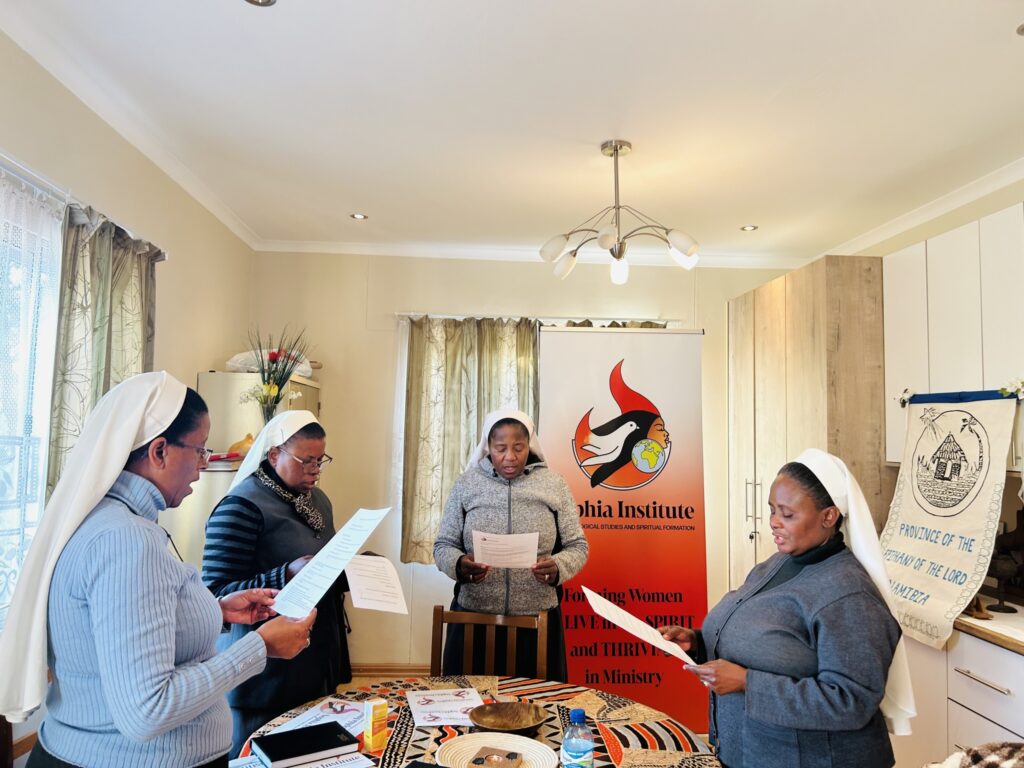
CISA: Can you share some measurable impacts of the project so far, such as the number of participants, congregations reached, or specific changes observed in ministry or community life?
Sr. Anne: To date, Sophia Institute has served hundreds of sisters from a broad spectrum of congregations and ministries across several African countries. Participants have applied what they learned by initiating community prayer renewal, strengthening formation programs within their congregations, improving collaborative decision-making, and taking leadership roles with greater confidence.
Some have even begun offering spiritual accompaniment within their communities, multiplying the impact of Sophia’s formation.
CISA: How has the organizational structure of the Institute evolved to accommodate the diverse experiences of the participants, sisters from different countries, ministries, languages, and backgrounds?
Sr. Anne: Our structure has expanded to include facilitators and collaborators representing various African regions, cultural contexts, and beyond. Programs are designed with multiple entry points, residential, online, short courses, and long-term formation tracks, to accommodate diversity, individual and community schedules, and differing educational backgrounds.
This flexibility ensures that all sisters, regardless of circumstance, can access and benefit from our programs.
CISA: Looking ahead, what is the vision for Sophia Institute? What new directions, partnerships, or expansions are planned?
Sr. Anne: In the coming year, Sophia Institute aims to deepen regional collaboration through partnerships with formation houses, theological centers, Catholic universities, and conferences of major superiors.
We are exploring the development of certificate-level programs, increasing facilitator development, and creating new offerings that respond to contextual formation needs. Our vision is to make Sophia Institute a continental hub for integrated formation, rooted in African spirituality and deepened by Ignatian spirituality.
We also plan to introduce a spiritual pilgrimage component to enrich the formation experience.
CISA: Finally, what would you say to other religious women or communities in Africa who may hesitate to invest in formation? Why should they consider this kind of theological and spiritual formation now?
Sr. Anne: Sophia Institute’s message is one of gratitude. We are deeply grateful for the trust of religious women and their communities, and for the partnerships we have established in our shared commitment to renewing religious life in Africa and beyond.
Investing in formation is essential to sustaining religious life today. The challenges facing sisters require ongoing formation, renewal, and adequate tools for discernment. Formation strengthens identity, mission, and community life.
Choosing formation now is choosing the future of religious life itself, vibrant, thriving, grounded, and responsive to the needs of God’s people. Sophia Institute is proud and privileged to share in this sacred mission with religious women and communities across Africa.
